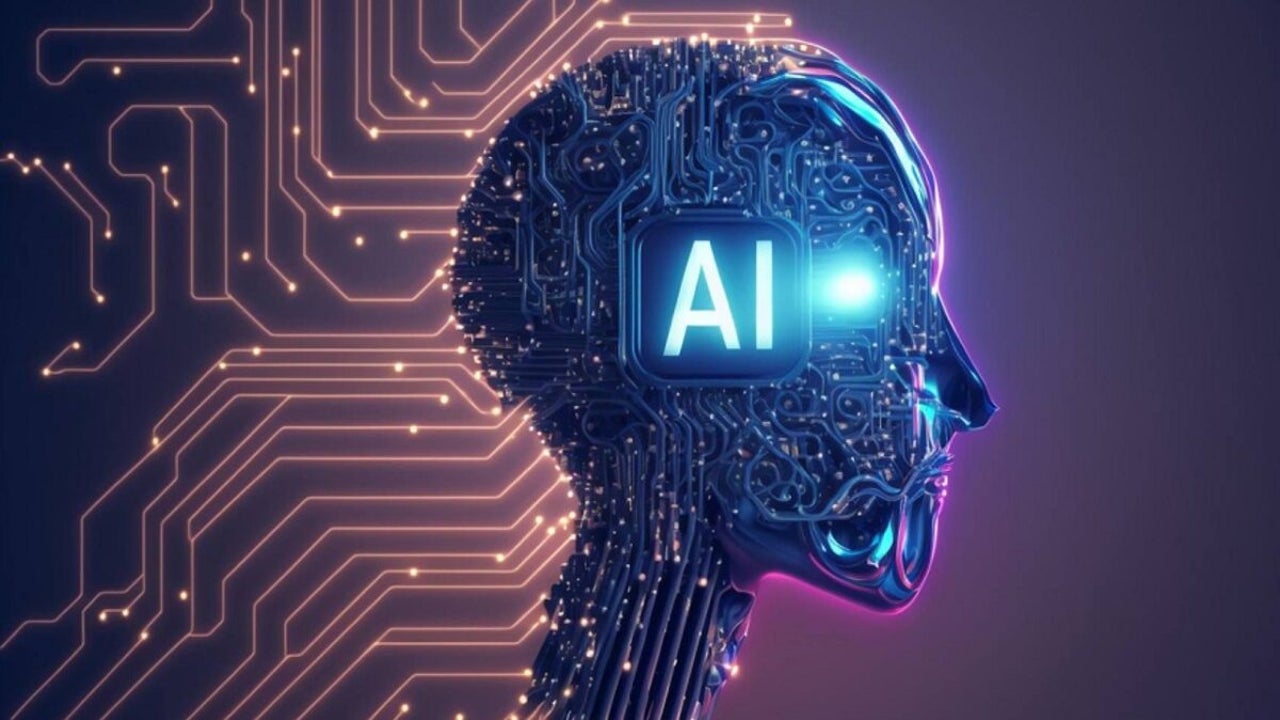Are translators a simple tool or something more?
Automatic translation has progressed remarkably since the early days of Google
Translate. Advances in technology have led to impressive results, with many considering the latest models nearly flawless. However, there is more complexity beneath the surface, as we will explore.
The value of AI-assisted translation in everyday situations, like interpreting an email or a tweet, is undeniable. Yet, the idea of using AI for literary translation remains contentious.
Are translators a simple tool or something more?
A Dutch publisher recently announced plans to use AI to translate some of its titles, raising concerns within the industry about potential long-term implications. This raises the question: are translators merely tools, or do they serve a greater purpose? Veen Bosch & Keuning intends to apply AI-assisted translation specifically for commercial fiction, causing discontent among authors and translators despite assurances of stringent oversight and the requirement of author consent for any translations made in this manner.
Both translators and authors emphasize that computer-assisted translations need meticulous editing by someone fluent in both languages. Without this careful oversight, the resulting text might as well have been translated manually by an expert. Cultural sensitivity is particularly problematic, as AI can sometimes generate inappropriate results.
Nevertheless, there are contexts where machine translation might aid creators of cultural works. For instance, writers who produce content in minority languages may benefit, as their works could be translated into English or other major languages with the help of AI, thus reaching a broader audience.
Similarly, in the realm of video games, localization represents a significant expense for small independent developers, especially for those whose native language isn't English. Theoretically, machine translation could enable these developers to reach a larger audience and allow players speaking minority languages to enjoy their games more fully. However, even in this scenario, limitations are apparent.
Video game developers crafting narratives rich in words and dialogues face steep localization costs and likely value the precision and nuance just as much as any book author would.
When it comes to public attitudes towards AI translation, as highlighted by The Guardian, there is a clear difference between utility and artistry. Few people object to using AI as one might use a dictionary, merely to ascertain meaning. However, translating involves far more than that.



